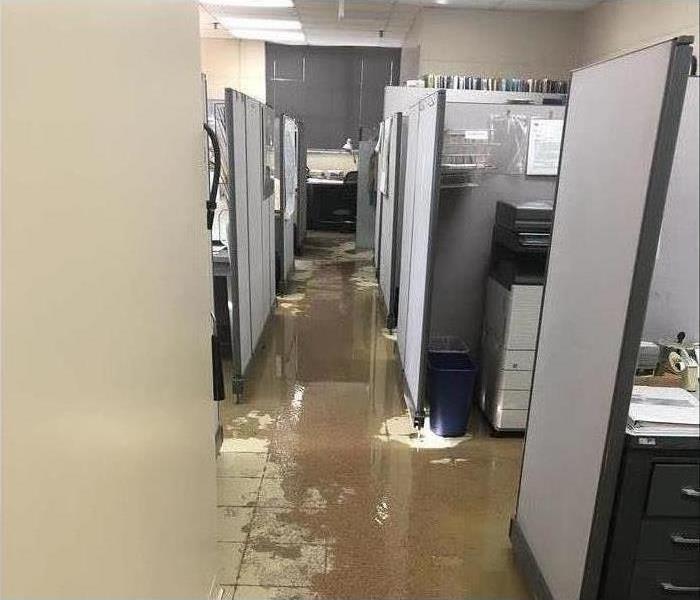Top 4 Commercial Irrigation Troubleshooting Tips
1/1/2021 (Permalink)
An efficiently functioning irrigation system is important to many businesses in Hanover Township, OH. Completing routine maintenance each spring can help you identify and address potential issues early, helping to minimize downtime. However, irrigation problems can develop during the growing season. Knowing key areas to troubleshoot can help you quickly restore your sprinkler system.
1. Ensure Adequate Water Flow
If your irrigation system is experiencing lack of water flow, you should check the main water valve and ensure that the water supply is on and then verify there is optimal water pressure. When reinstating water flow to your system, you should slowly increase pressure to minimize the risk of cracking or bursting components.
2. Check Controller and Sensors
If your system does not initiate, and you know there is adequate water pressure, proceed to the controller. You should test stations and valves to ensure they are receiving the appropriate voltage. In addition, review programming information to verify run time and start time settings and reprogram if necessary. You may also want to confirm that rain sensors are functioning properly and not interfering with normal operations.
3. Inspect For Clogs and Debris
Debris can cause valves to malfunction and clog sprinkler heads. You should remove all heads and clear any existing obstructions. You may also need to temporarily shut off the water supply, so you can dissect the valve, inspect its components and clear any clogs.
4. Assess for Damaged Elements
Analyzing the inside of your valves enables you to check the diaphragm and seals for damage and signs of deterioration. In addition to inspecting the internal components of valves, you should also check for broken sprinkler heads or leaks resulting from cracked lines or worn washers.
The Benefits of Routine Maintenance
Your irrigation system contains numerous elements that are essential of its functionality. To address potential irrigation problems and ensure optimal performance, it’s a good idea to complete an annual maintenance review every spring. Completing this evaluation also reduces the risk of potentially destructive sprinkler flooding, which may be costly and require extensive cleanup and restoration efforts.




 24/7 Emergency Service
24/7 Emergency Service
